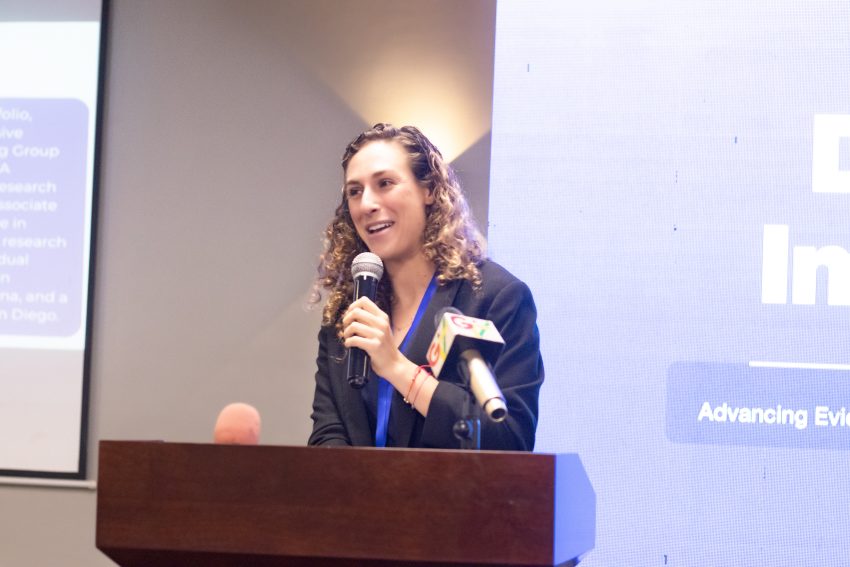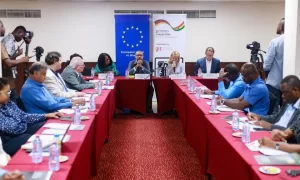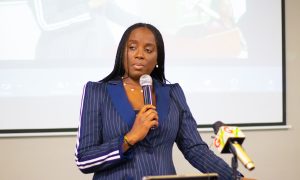By Raymond Rex Awiagah
The Development Impact West Africa (DIWA) Summit is currently underway in Accra with a strong call to advance evidence-informed policymaking in West Africa.
The 2-day summit brought together scholars, funders, and policymakers from across the region and beyond.
In her opening remarks, Amy Shipow, Program Manager of the Global Networks team at the Center for Effective Global Action (CEGA) at UC Berkeley, emphasized the importance of African researchers in shaping policies through rigorous, actionable evidence.
“It’s energizing to see so many African scholars at the forefront of research that shapes policy, just as demand for actionable evidence among decision-makers becomes even more valuable”. Shipow said.
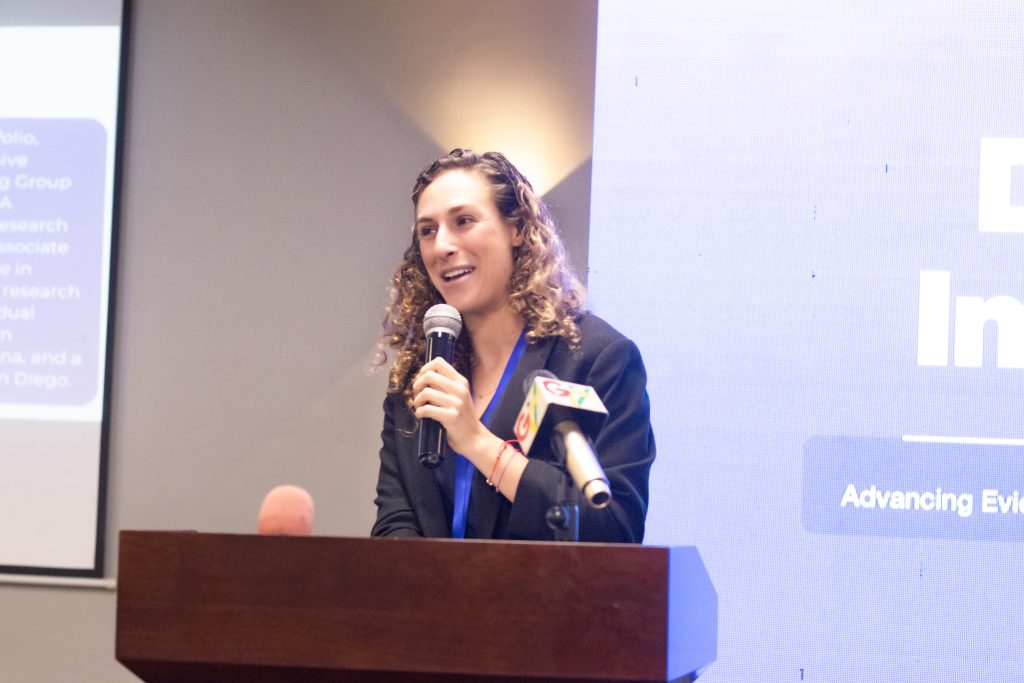
The Summit, co-hosted with the Ghana Institute of Management and Public Administration (GIMPA), focuses on how high-quality research in West Africa can drive meaningful change across the continent.
Shipow noted that the summit is a reflection of DIWA’s mission and values which aims to strengthen research capacity, generate new evidence, and build sustainable partnerships with policymakers.
“In a moment when the global development landscape is shifting marked most recently by the closure of the United States Agency for International Development, and the shrinking of foreign aid budgets our work feels more urgent than ever”- Shipow stressed.
She has therefore called for the urgency of producing credible research to guide smarter, more impactful investments.
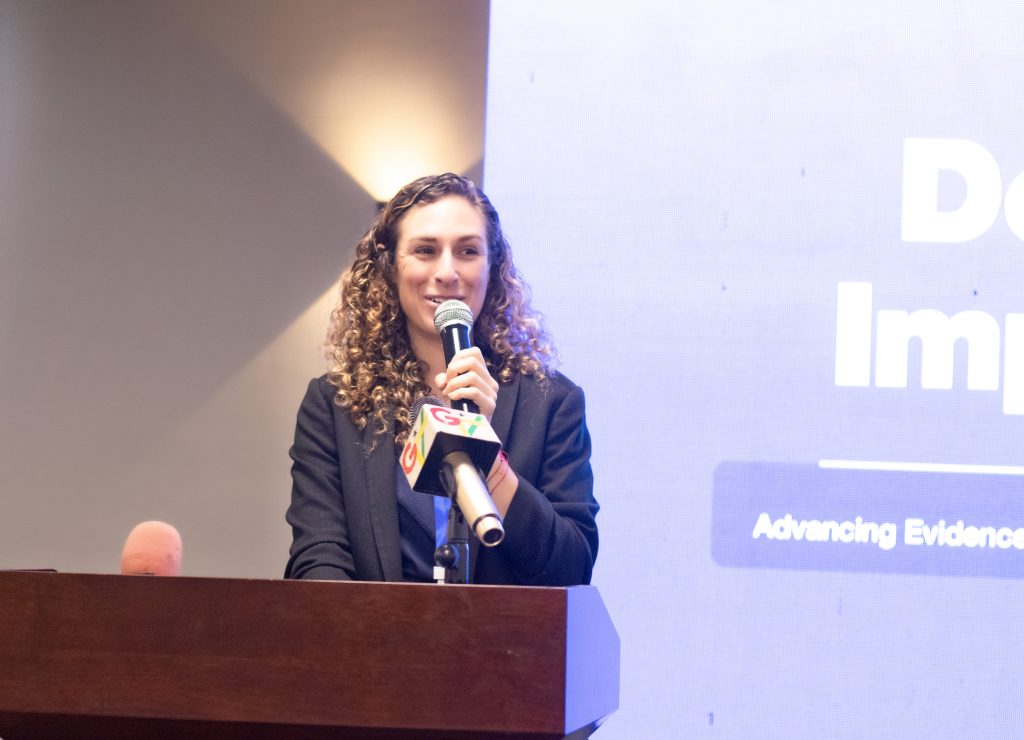
Since its inception, the Summit has grown in audience, influence, and ambition. This year’s goals remain clear: elevating the voices of West African scholars, disseminating fresh research findings, and inspiring new collaborations.
The gathering also celebrated CEGA-DIWA fellows, who have received training and mentorship in evidence generation and are eager to collaborate with policymakers and practitioners. “These researchers represent the future of evidence-driven policy in Africa,” Shipow said, inviting the audience to recognize their contributions.
Funders, policymakers, and practitioners were urged to use the Summit not only as a platform for dialogue but also as an opportunity to forge partnerships that can turn research into real-world solutions.
Shipow expressed deep gratitude to the William and Flora Hewlett Foundation for supporting the event, noting that its backing enables not only in-person convenings but also broader efforts in research, capacity building, and cross-border collaboration.
“Together, we have the chance to build a more connected, evidence-informed ecosystem one that rises to meet the complexity of the challenges ahead” Shipow concluded.

